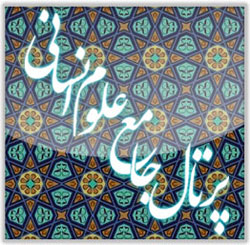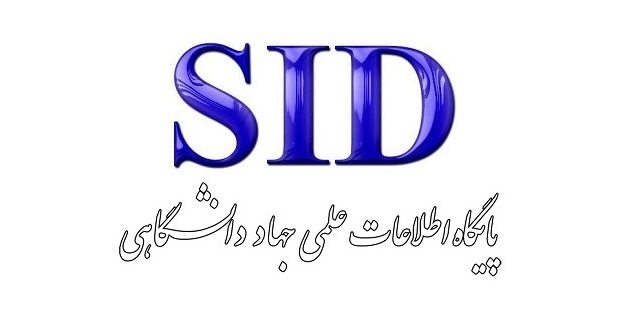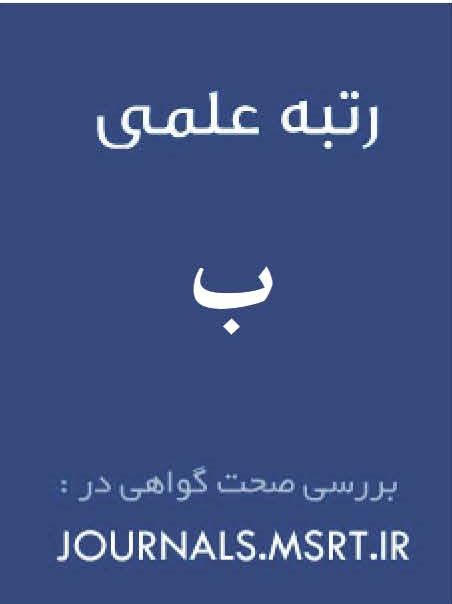Analysis of Power in the Myth-Oriented Poems of Mohammad-Taqi Bahar (Based on Michel Foucault’s Theories)
Keywords:
Discourse, discourse analysis, power, Michel Foucault, myth, Mohammad Taqi BaharAbstract
The concept of power is one of the most fundamental notions that has been the subject of extensive research regarding its mechanisms and manifestations in society. Michel Foucault’s theories form the core of the discourse of power, encompassing various domains of sociology. From a Foucauldian perspective, every discourse or text is intricately and inseparably intertwined with power relations within a given social space. In fact, Foucault considers all forms of discourse to be inherently oriented toward latent power. The present study seeks, through a descriptive–analytical method, to understand the Foucauldian conception of power as reflected in the myth-oriented poems of Mohammad-Taqi Bahar. By examining Bahar’s poetry and selecting his mythological verses, one can discern his leftist, critical, and patriotic ideas embedded within his poetic expression. A sociological reading of these poems reveals that most of Bahar’s myth-oriented works bear traces of Foucault’s concept of power. Through nostalgic and reflective references to the grandeur and authority of ancient myths, the poet subtly portrays the political atmosphere of his own time with a critical outlook.
Downloads
References
1. Yahaghi MJ. Culture of Myths and the Stories of the Heroes: Contemporary Culture Publishing Institute; 2007.
2. Yavari SF. The Role of Customs, Traditions, and Rituals of Iranians in the Shahnameh: Naghmeh-e Zendegi; 2016.
3. Bahaar M. From Myth to History: Cheshmeh; 1996.
4. Bahaar M. A Study in Mythology: Agah; 2002.
5. Bahaar M. A Look at the History and Myths of Iran: Elm; 2010.
6. Bahmani H. Analysis of the Character of Kings in the Shahnameh from the Perspective of Various Psychological Theories. Journal of Stylistics of Persian Verse and Prose (Formerly Bahar Adab). 2025;18(3):37-54.
7. Eliade M. Mythologies: Perspectives on Myth TRAN - Jalal Satari. 1995.
8. Bahaar MT. Divan: Amir Kabir; 2008.
9. Zomorodi H. Comparative Critique of Religions and Myths in the Shahnameh of Ferdowsi and the Khamsa of Nezami and the Conference of the Birds: Zavar; 2003.
10. Satari J. Myth and Symbol: Kavir; 2000.
11. Kazazi M. Dream, Epic, and Myth: Markaz; 1997.
12. Jung CG. Psychology of the Unconscious Mind TRAN - Mohammad Ali Amiri: Scientific and Cultural Publishing; 2008.
13. Farahani Aa-M. Life and Poetry of Adib al-Mamalek: Ghadyani; 2005.
14. Zarinkoob A. Familiarity with the History of Iran: Sokhan; 2004.
Downloads
Published
Submitted
Revised
Accepted
Issue
Section
License
Copyright (c) 2025 Hamid Kavoosi Zarkhoni (Author); Hossein Parsaei; Nahid Akbari (Author)

This work is licensed under a Creative Commons Attribution-NonCommercial 4.0 International License.








